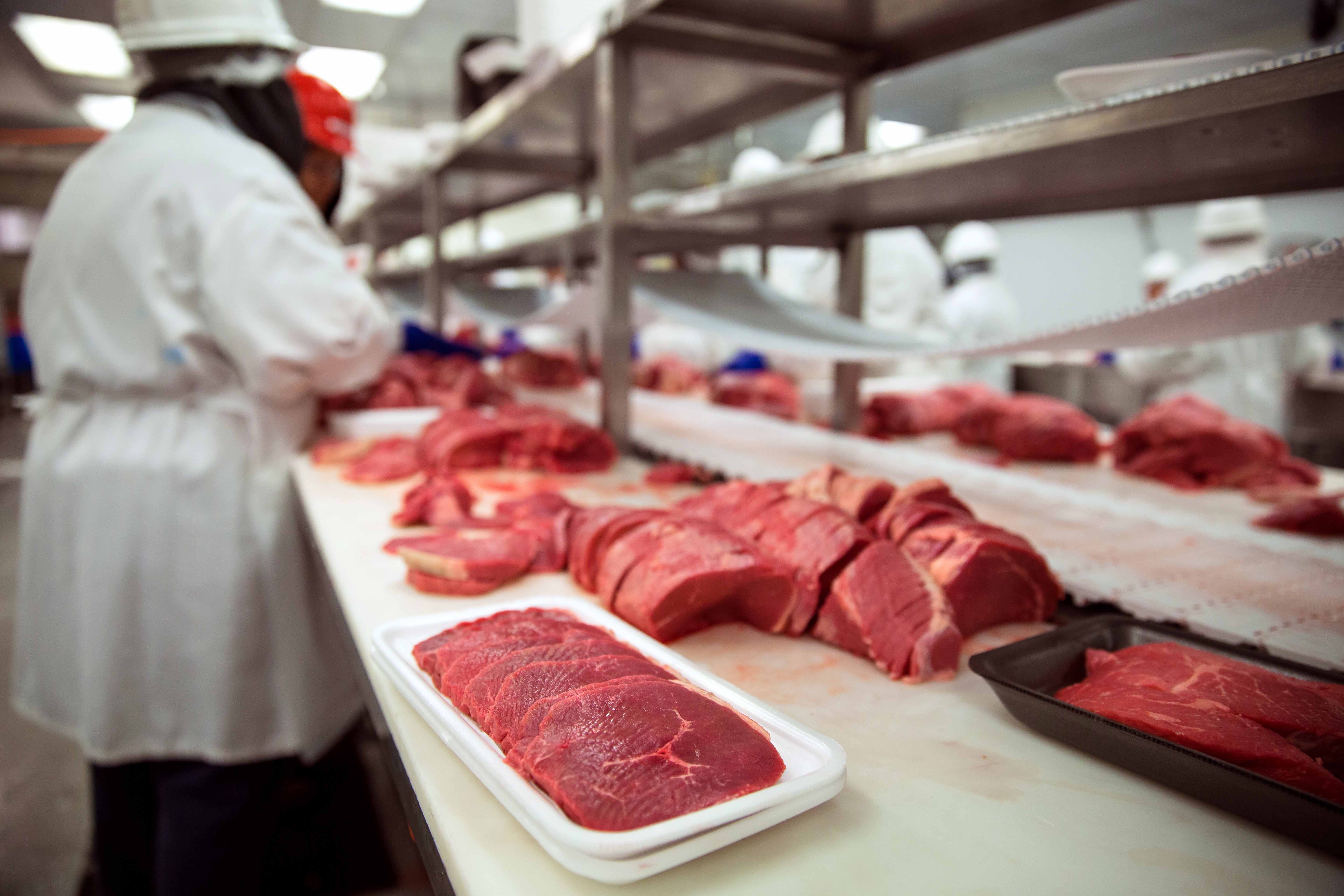The secretary of the National Association of Meat Industries of Spain (Anice), Miguel Huerta, trusts that the meat industry will catch the “rhythm” to the new trade between the United Kingdom and the EU after the “Brexit” to continue growing in a country in which the demand for sausages and hams is on the rise.
In an interview with Efeagro, Huerta values that there has finally been an agreement and that exports and imports, “in principle, remain without tariffs.”
Despite this, he remembers that one must be attentive to the procedures requested by the authorities, so he senses a few first weeks of “trouble” until he “gets used to” the new way of trading with the United Kingdom.
It is important to maintain business with the British Isles because they are the destination of “3-4% of the total meat exported” from Spain and it is “very interesting in value”, he explains, as the demand for sausages and hams grows.
This 2020 is ending, which, according to Huerta, has been a “bittersweet” year for the meat industry, with “difficulties” for the hotel and catering industry – “our great clients” -, but in which the meat chain demonstrated “capacity” to supply the population and the “good” performance in export.
This work has penetrated society because, even before the pandemic, “food supply was taken for granted” and “now it has been seen that the country is supplied and that it works well.”
Furthermore, “the importance” of having a national industry “that does not depend on the rest” has been demonstrated.
In spite of everything, the industry most dependent on the hotel and restaurant channel (such as select beef, Iberian or sheep) “have had a bad time” and, although it claims to have no knowledge of any business closure due to This, Huerta warns of the limited capacity of resistance.
“We are concerned about this first half of 2021 because it will rain in the wet and it may be that the resistance of the sector will be affected,” he warns, hence the importance of continuing to bet on foreign trade.
In international matters, they are now waiting for China to approve the entry of shipments from 33 Spanish companies that manufacture pork products.
If it is finally granted, it is a “turn” in the commercial relationship with China, according to it, because until now it only allowed the entry of products from slaughterhouses and cutting plants, but not from manufacturers of processed products.
Besides China, Huerta also sees “interesting” to bet on Japan, South Korea, the Philippines, Vietnam or Australia, the latter country with which the marketing of processed foods and meats is being negotiated.
And he cites beef and sheep meat because they “need” foreign trade “to be their great engine of growth.”
On the other hand, the meat industry has been facing the dispute raised by the unions for several years over the associated work cooperatives that provide subcontracted labor to the companies.
For the unions, these workers are “false freelancers” and they started a campaign to end this practice.
According to Huerta, “all the complaints” about possible “false self-employed” in the meat factories “are being won by the companies” in the first instance.
Therefore, it makes a defense of subcontracting, which “makes sense” if it is “well regulated.”
Regarding the commitment of the industry and the meat sector with animal welfare, it is noted that they have been “proactive” with the promotion of their own labels from the interprofessional ones.
“We have taken a step forward and have shown that they are serious, rigorous and demanding schemes,” says Huerta, who adds the initiative of his partners to install video surveillance cameras in slaughterhouses before it is mandatory by law.
And he alludes to other “challenges” such as the “green wave” that is imposed in the European Union, guided by the Green Pact, which is “somewhat right in some things” but “not in others” in his opinion, so demands a better balance between environmental, economic and social sustainability.
–


